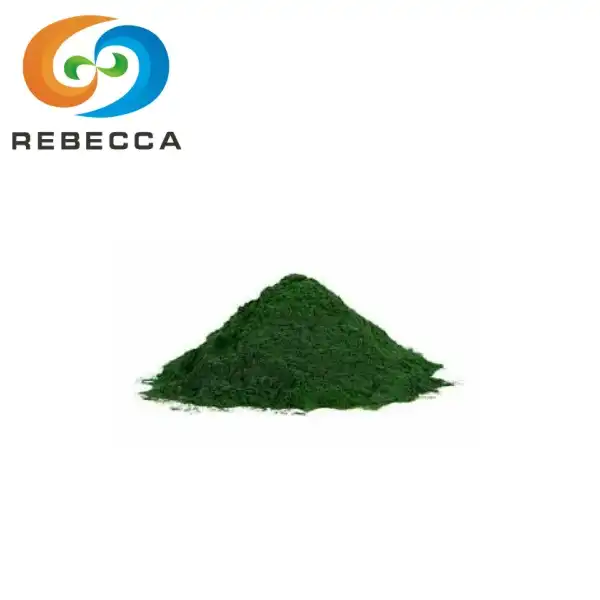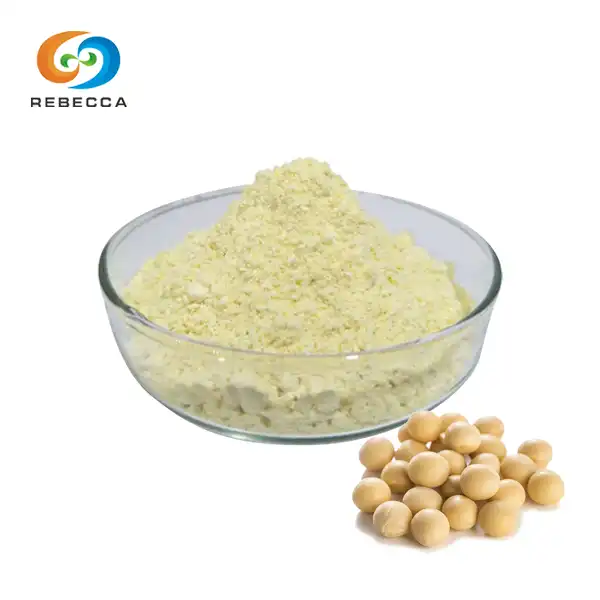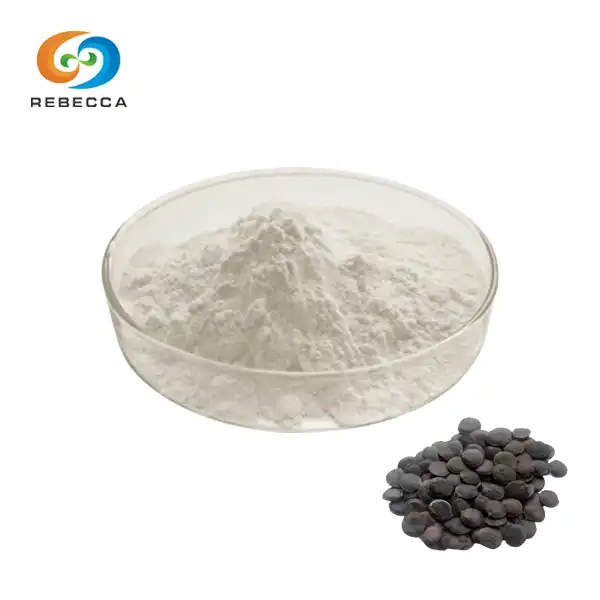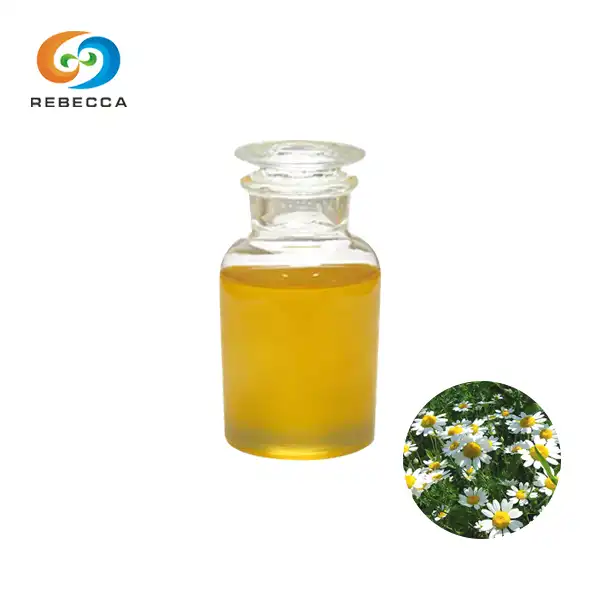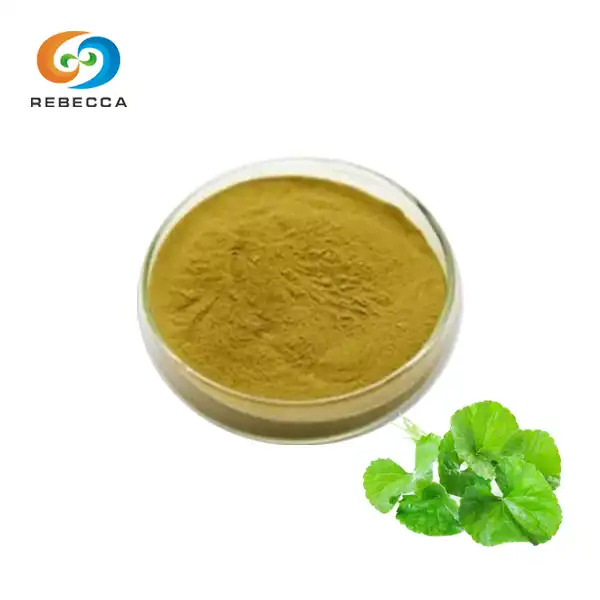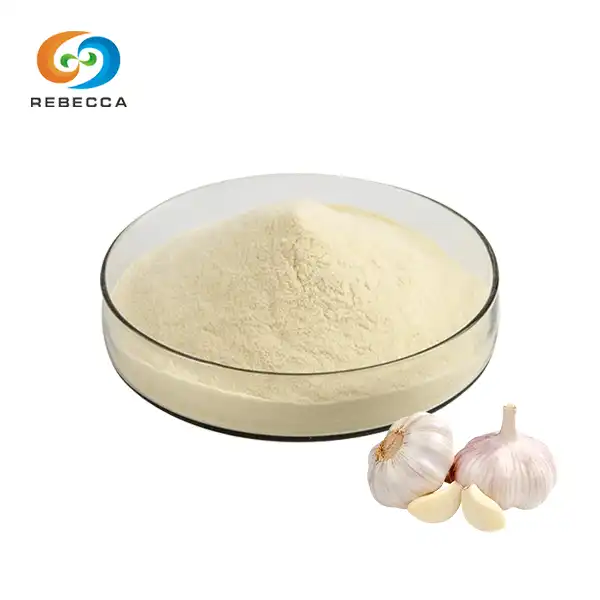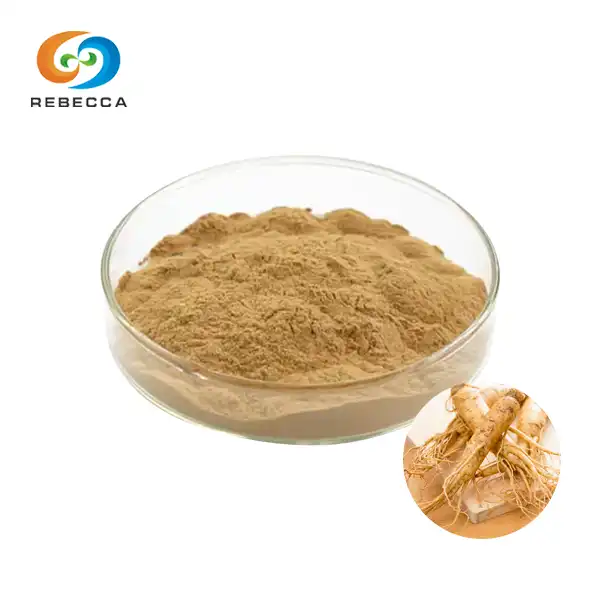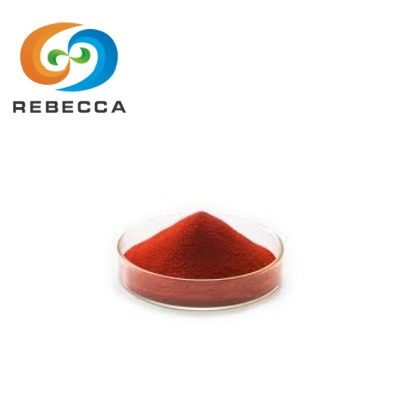Does Pterostilbene Raise Cholesterol?
In recent times, pterostilbene extract has attracted interest from the health and wellness sector due to its possible advantages, especially concerning cardiovascular health and cholesterol regulation. As an increasing number of individuals seek natural supplements to enhance their well-being, it's vital to comprehend the influence of substances like pterostilbene on our physiology. A frequent inquiry that emerges is: Does pterostilbene raise cholesterol? Let’s investigate the studies and examine what we have discovered about this compound and its effects on cholesterol levels.
It is closely related to resveratrol, another famous antioxidant, yet is thought to be more effective and bioavailable. As enthusiasm for pterostilbene escalates, researchers are exploring its ramifications on multiple health dimensions, including cholesterol levels and overall cardiac function.
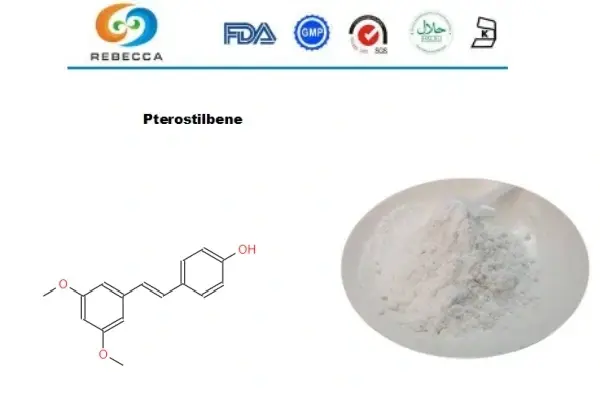
Cholesterol-Lowering Effects
Contrary to raising cholesterol, research has suggested that pterostilbene powder may actually help improve lipid profiles. Studies have shown promising results in reducing LDL cholesterol (often referred to as "bad" cholesterol) and triglyceride levels, while potentially increasing HDL cholesterol, which is considered "good" cholesterol.
A think about distributed in the Journal of Toxicology inspected its impacts on hamsters bolstered a high-cholesterol count calories. The analysts found that pterostilbene supplementation driven to noteworthy decreases in add-up to cholesterol, LDL cholesterol, and triglycerides. Moreover, the hamsters appeared an increment in HDL cholesterol levels. Whereas creature ponders do not continuously interpret straightforwardly to human results, these discoveries are empowering and have incited advance investigate into its potential as a common cholesterol-lowering agent.
Human thinks about, in spite of the fact that constrained, have moreover appeared promising comes about. A little clinical trial distributed in the diary Evidence-Based Complementary and Alternative Medicine explored its impacts on grown-ups with lifted LDL cholesterol. The consider found that members taking pterostilbene experienced a lessening in LDL cholesterol compared to those taking a placebo. Whereas more broad human trials are required to affirm these discoveries, the introductory comes about propose that pterostilbene may in fact have a positive affect on cholesterol levels.

Mechanisms of Action
To grasp how pterostilbene influences cholesterol levels, one must examine the various mechanisms through which it might deliver its positive effects. Studies have uncovered multiple potential routes by which pterostilbene could affect lipid metabolism and cholesterol concentrations:
Enhancing Insulin Sensitivity: One significant way pterostilbene extract might aid in cholesterol management is by boosting insulin sensitivity. Insulin is essential for the regulation of lipid metabolism, and increased insulin sensitivity can facilitate better control of cholesterol levels. A study published in the Journal of Agricultural and Food Chemistry revealed that pterostilbene improved glucose and lipid balance in diabetic rats, indicating its capacity to elevate insulin sensitivity and thereby enhance lipid metabolism.
Anti-Inflammatory Properties: Persistent inflammation is recognized as a contributor to dyslipidemia, a condition marked by irregular lipid levels in the bloodstream. its strong anti-inflammatory attributes may assist in alleviating this issue. Research featured in the Journal of Nutritional Biochemistry highlighted that pterostilbene diminished inflammation markers in mice on a high-fat diet, correlating with better lipid profiles.
Stimulation of PPAR-alpha: It has demonstrated the ability to stimulate peroxisome proliferator-activated receptor alpha (PPAR-alpha), a critical protein involved in the regulation of lipid metabolism. A study within the European Journal of Pharmacology indicated that the activation of PPAR-alpha by pterostilbene resulted in lowered triglyceride levels and enhanced lipid metabolism in obese rats.
Antioxidant Benefits: As a potent antioxidant, it could aid in safeguarding LDL cholesterol against oxidation. Oxidized LDL cholesterol poses significant harm and plays a role in the onset of atherosclerosis. By inhibiting this oxidation, pterostilbene may promote better overall cardiovascular health.
These mechanisms collaborate to potentially enhance lipid profiles and overall cardiovascular wellness. However, it is crucial to acknowledge that while these pathways have been elucidated in laboratory and animal studies, further research is required to completely comprehend how they apply to human physiology.

Research Studies
Whereas the potential cholesterol-lowering impacts of pterostilbene powder are promising, it's pivotal to get it that most of the prove comes from creature considers and constrained human trials. Let's take a closer see at a few of the key investigate that has been conducted:
Animal Ponders: Various creature thinks about have illustrated its positive impacts on cholesterol levels. For illustration, a ponder distributed in the Journal of Agricultural and Food Chemistry found that pterostilbene extract diminished plasma and hepatic lipids in hamsters nourished a high-fat count calories. Another think about in the Journal of Nutritional Biochemistry appeared that pterostilbene progressed lipid profiles in rats with diet-induced hyperlipidemia.
Human Trials: Human thinks about on its impacts on cholesterol are more constrained but appear empowering comes about. A randomized, double-blind, placebo-controlled trial distributed in Evidence-Based Complementary and Alternative Medicine inspected the impacts of pterostilbene extract on cholesterol levels in grown-ups with raised LDL cholesterol. The think about found that pterostilbene supplementation driven to a lessening in LDL cholesterol compared to the fake treatment group.
Another human trial, distributed in the Journal of Toxicology, explored the security and viability of a pterostilbene-rich extricate in solid volunteers. Whereas the essential center was on security, the analysts too famous changes in lipid profiles among members taking the pterostilbene extract.
These ponders give a establishment for understanding its potential impacts on cholesterol. In any case, it's imperative to recognize that more comprehensive clinical inquire about is vital to completely approve these discoveries and build up ideal doses and long-term impacts in humans.
The current body of investigate proposes that pterostilbene does not raise cholesterol. On the opposite, it shows up to have a positive affect on lipid profiles by possibly bringing down LDL cholesterol and triglycerides whereas conceivably expanding HDL cholesterol. Be that as it may, as with any supplement or dietary alter, person reactions may change, and it's continuously fitting to counsel with a healthcare proficient some time recently including pterostilbene or any modern supplement to your regimen, particularly if you have existing wellbeing conditions or are taking medications.

Buy Pterostilbene
If you're interested in exploring the potential benefits of pterostilbene, it's important to choose a high-quality product from a reputable source. Rebecca Bio-Tech offers high-quality pterostilbene powder at competitive manufacturer-direct prices. As a pterostilbene manufacturer, they provide products that meet rigorous quality standards. For more information or to inquire about purchasing pterostilbene, you can contact Rebecca Bio-Tech at information@sxrebecca.com.
References
1. Riche, D. M., McEwen, C. L., Riche, K. D., Sherman, J. J., Wofford, M. R., Deschamp, D., & Griswold, M. (2013). Analysis of safety from a human clinical trial with pterostilbene. Journal of Toxicology, 2013, 463595.
2. Hsu, C. L., Lin, Y. J., Ho, C. T., & Yen, G. C. (2012). The inhibitory effect of pterostilbene on inflammatory responses during the interaction of 3T3-L1 adipocytes and RAW 264.7 macrophages. Journal of Agricultural and Food Chemistry, 60(4), 1102-1110.
